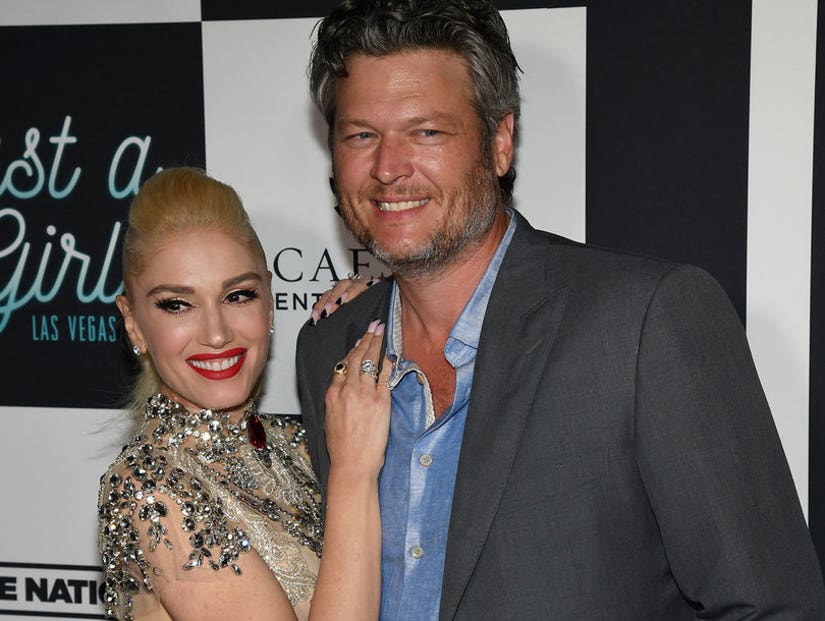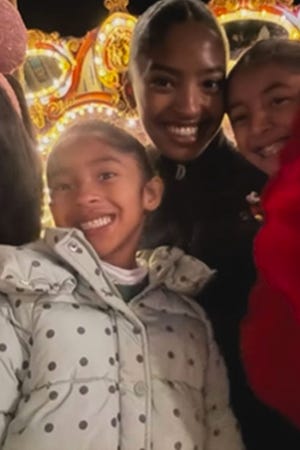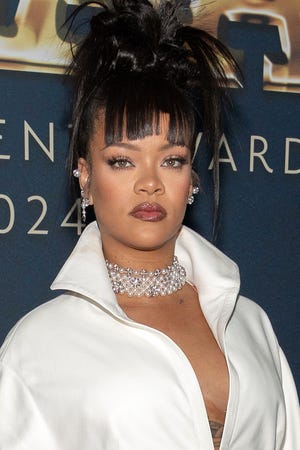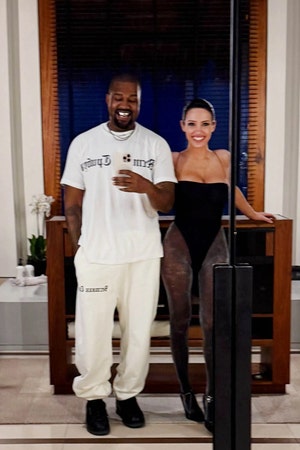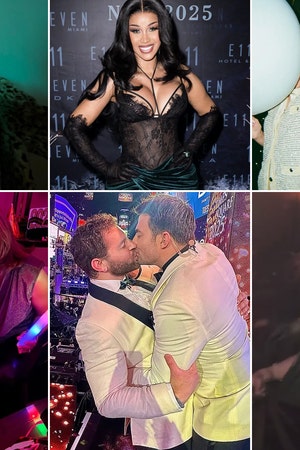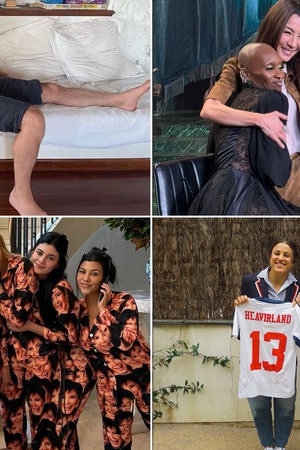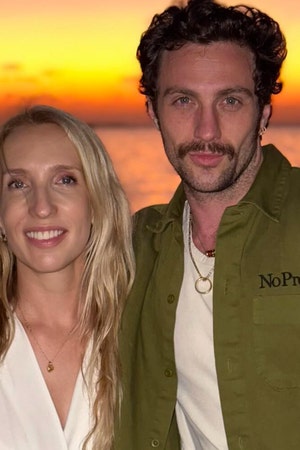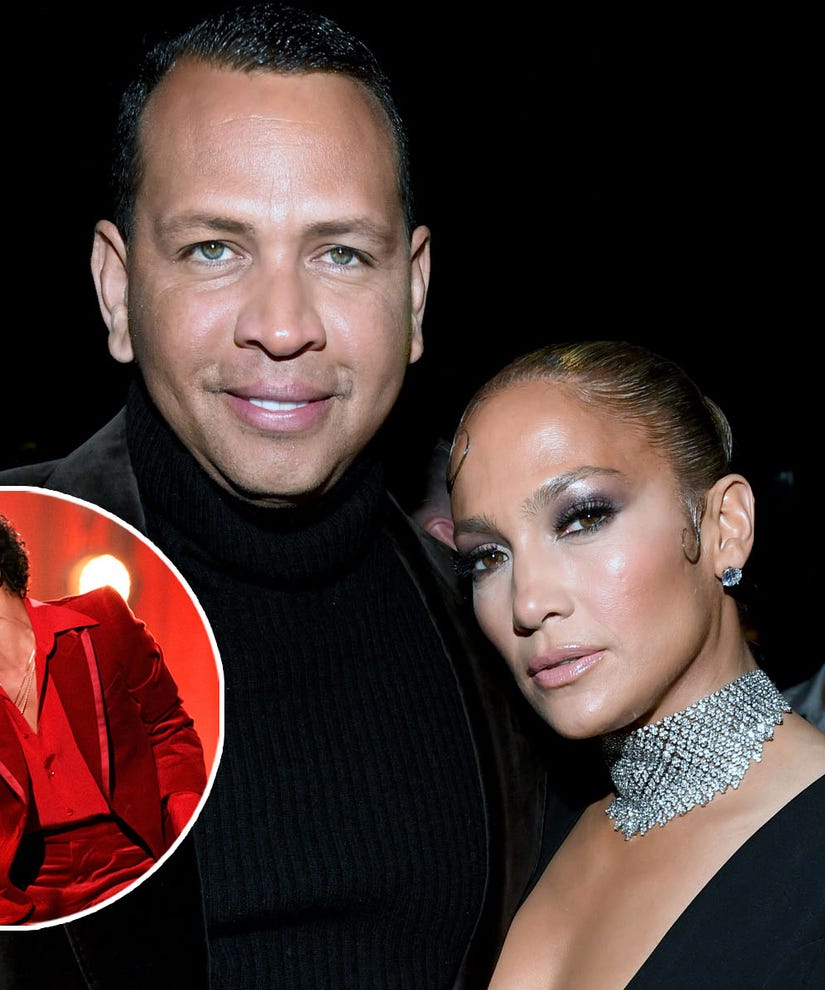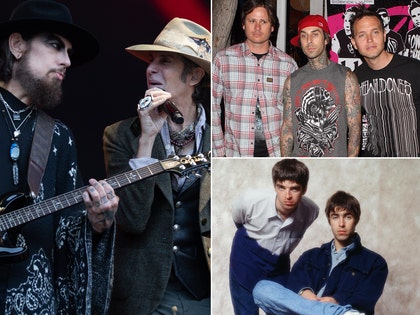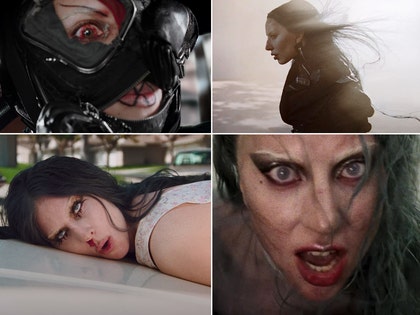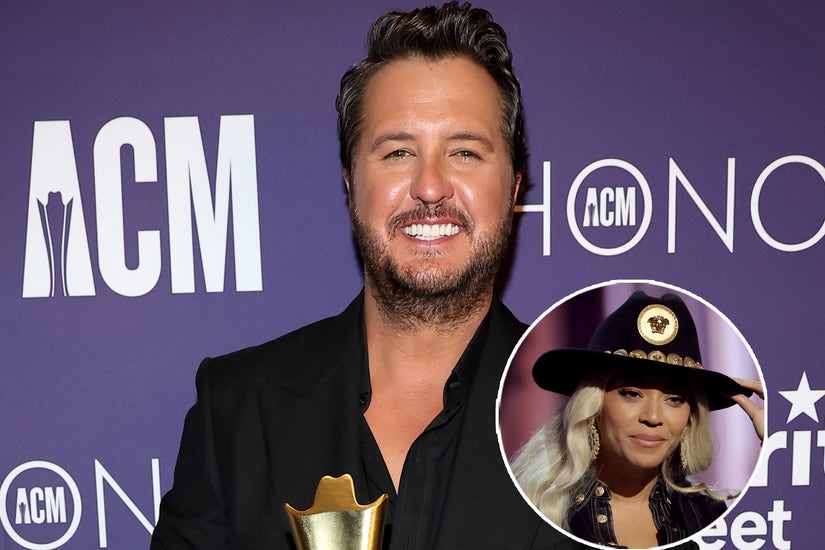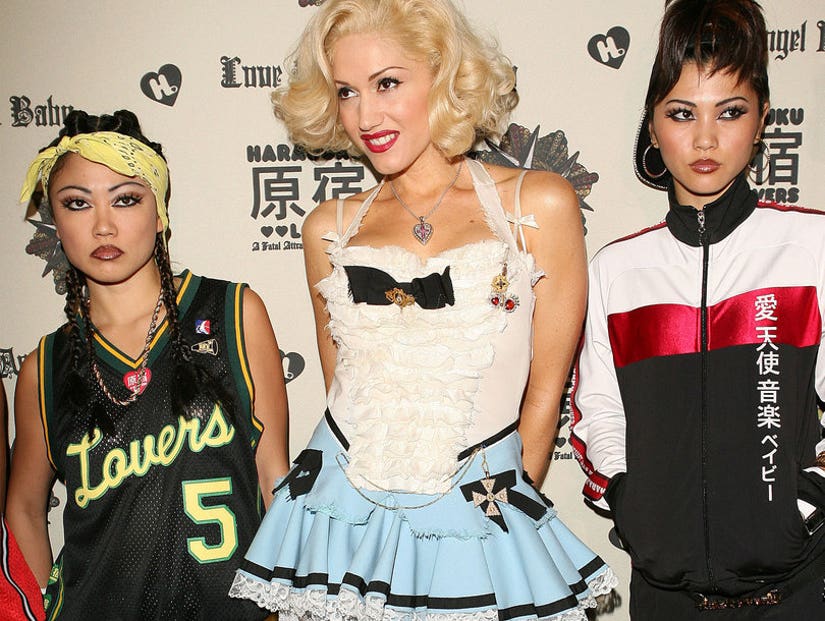 Getty
Getty
"When the Harajuku Girls came out, it was like, you're not even real, you're a dream. It wasn't like, "You're not real because you're Asian." Are you kidding me? That would be horrifying!"
What is the point of having culture if you can't share it?
So asks Gwen Stefani, who addressed the topic of cultural appropriation in a track-by-track interview with Billboard, on the 15th anniversary of her multi-platinum album "Love. Angel. Music. Baby."
While "cultural appropriation" wasn't as frequently thrown around back in 2004 as it is nowadays, the 50-year-old has heard the term in reference to her Harajuku Girls, who heavily featured as muses, inspirations, artwork, back-up dancers and even the name of track number seven.
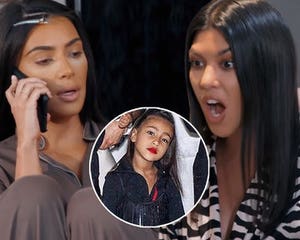 E!/Instagram
E!/Instagram
KUWTK Recap: Kim Gets Blasted for Cultural Appropriation, Argues with Kourtney About Candy
View Story"I get a little defensive when people [call it culture appropriation], because if we didn't allow each other to share our cultures, what would we be?" she asked.
"You take pride in your culture and have traditions, and then you share them for new things to be created."
The title of the album itself referred to the names she gave the four who frequently flanked her, in fact. The subsequent tour was called the Harajuku Lovers concert tour.
"When it first came out, I think people understood that it was an artistic and literal bow down to a culture that I was a superfan of," she said.
"This album was like a dream. I went in thinking I'm going to make something that could never be possible -- me doing a dance record -- come true. It was almost like a joke, because I thought that could never happen to me. So it was my fantasy."
"When the Harajuku Girls came out, it was like, you're not even real, you're a dream. It wasn't like, "You're not real because you're Asian." Are you kidding me? That would be horrifying!"
 Disney+
Disney+
Disney+ 'Weak Sauce' Warnings About Old 'Racist' Movies Slammed on Twitter
View Story"So when people asked me about it during radio interviews, I told them this was all a concept and we were having fun. By the way, the girls were cast to be dancers -- that's all. We went to Nobu in London and we talked about the concept of the record and I showed them my style bible."
"Judging by their own personalities, I called them "Love," "Angel," "Music" and "Baby." It was like we were creating a group together."
The Harajuku Girls get plenty of shout-outs throughout the album, including on "What You Waiting For?" and "Rich Girl" featuring Eve.
"I wanted to write a song that talked about my love for Harajuku," she said of the seventh track.
"When you're from Anaheim and never traveled outside of your city until you're 21 years old, it was really crazy to go to Japan. My dad went there a lot because he worked with Yamaha motorcycles, so I had a fascination from a young age. When I got there and saw how fashion-obsessed they were, I thought they were my people, because my style was so unique."
When Harajuku Girls was released in 2004, some critics slammed the track, with one Time critic even claiming it contained "extremely racist stereotypes".
Got a story or a tip for us? Email TooFab editors at tips@toofab.com.

